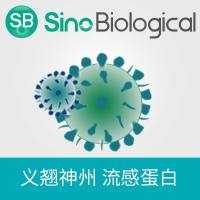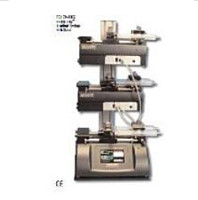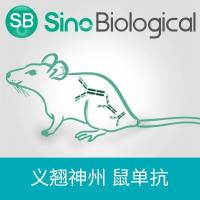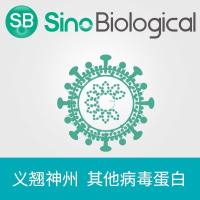Field Management Delivery of New Technologies to Growers
互联网
466
Since ancient times, man has recognized and utilized biological agents for pest control (1 ). Modern agriculture has built on this foundation of indigenous knowledge to explore and advance the use of novel methods of biological con trol of insect pests. In the past 30 yr, biotechnological innovation, including natural product chemistry, fermentation, and genetic engineering, has led to the development of many revolutionary products that have fundamentally changed the way humans manage pest-control agents. The use of chemicals in arthropod control can now be divided into two categories: conventional chemi cal insecticides and bioinsecticides. Furthermore, the definition of bioinsecticides has expanded to include the use of genes and gene products, microbes or products derived from microbes, plants, and other biological enti ties. The development of recombinant DNA technology and other factors, e.g., concerns over the environmental and health risks of conventional chemicals, the development of resistance to existing chemicals, and a growing interest in IPM has accelerated research interest in biopesticides as chemical-pesticide alternatives. Growers today find ever-increasing bioinsecticide products avail able to them, from conventional spray deployment of Bacillus thuringiensis (Bt) to insect-specific viruses, sprayable pheromones, and transgenic plants with insecticidal genes incorporated into plant tissue. However, biopesticide development and utilization has many challenges today (2 ).









